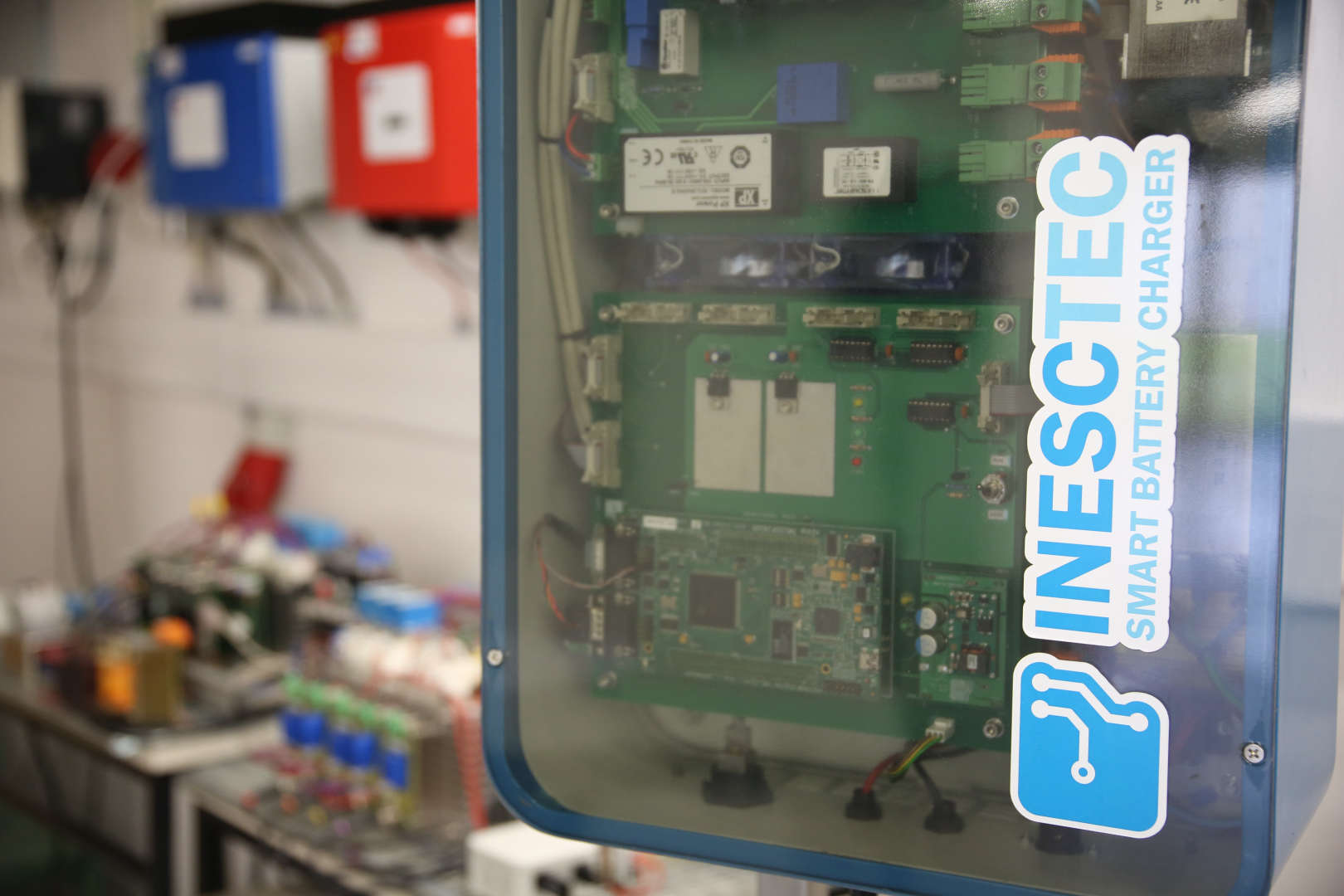About
Rui E. Araújo received the electrical engineering graduation, M. Sc. and Ph. D. degrees from the Faculty of Engineering of the University of Porto, Portugal in 1987, 1992 and 2001, respectively. From 1987 to 1998, he was an Electrotechnical Engineer in Project Department, Adira Company, Porto, Portugal, and from 1988 to 1989, he was researcher with INESC, Porto, Portugal. Since 1989, he has been with the University of Porto, where he is an Assistant Professor with the Department of Electrotechnical and Computer Engineering at Faculty of Engineering. He is a Researcher in the Power Systems Unit of INESC PORTO. His research interests are focused on motion control and electric vehicles. Recently, his areas of interests include the design and control of grid-connected converters for micro-grids and electric vehicles.





